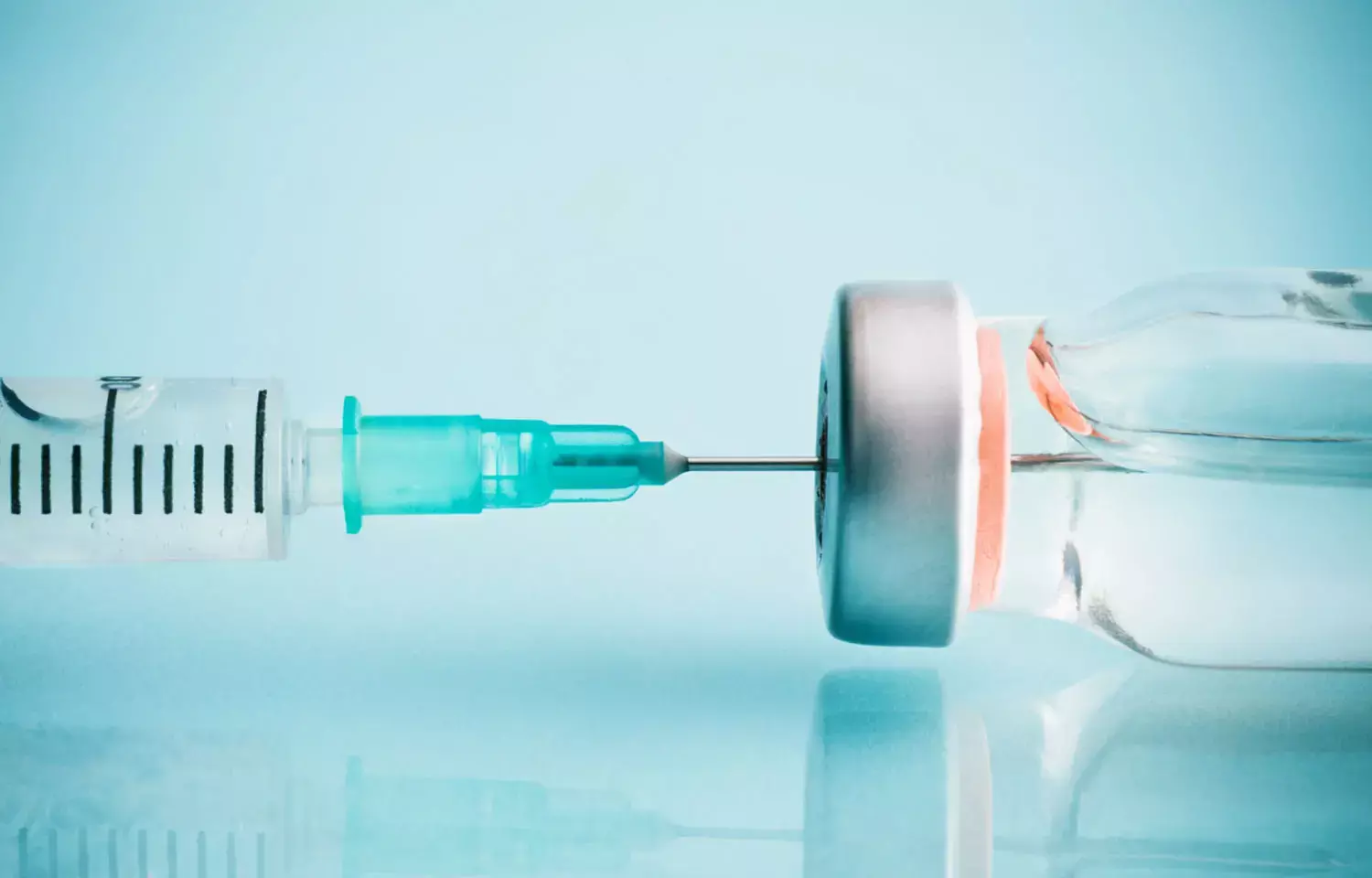- Home
- Medical news & Guidelines
- Anesthesiology
- Cardiology and CTVS
- Critical Care
- Dentistry
- Dermatology
- Diabetes and Endocrinology
- ENT
- Gastroenterology
- Medicine
- Nephrology
- Neurology
- Obstretics-Gynaecology
- Oncology
- Ophthalmology
- Orthopaedics
- Pediatrics-Neonatology
- Psychiatry
- Pulmonology
- Radiology
- Surgery
- Urology
- Laboratory Medicine
- Diet
- Nursing
- Paramedical
- Physiotherapy
- Health news
- Fact Check
- Bone Health Fact Check
- Brain Health Fact Check
- Cancer Related Fact Check
- Child Care Fact Check
- Dental and oral health fact check
- Diabetes and metabolic health fact check
- Diet and Nutrition Fact Check
- Eye and ENT Care Fact Check
- Fitness fact check
- Gut health fact check
- Heart health fact check
- Kidney health fact check
- Medical education fact check
- Men's health fact check
- Respiratory fact check
- Skin and hair care fact check
- Vaccine and Immunization fact check
- Women's health fact check
- AYUSH
- State News
- Andaman and Nicobar Islands
- Andhra Pradesh
- Arunachal Pradesh
- Assam
- Bihar
- Chandigarh
- Chattisgarh
- Dadra and Nagar Haveli
- Daman and Diu
- Delhi
- Goa
- Gujarat
- Haryana
- Himachal Pradesh
- Jammu & Kashmir
- Jharkhand
- Karnataka
- Kerala
- Ladakh
- Lakshadweep
- Madhya Pradesh
- Maharashtra
- Manipur
- Meghalaya
- Mizoram
- Nagaland
- Odisha
- Puducherry
- Punjab
- Rajasthan
- Sikkim
- Tamil Nadu
- Telangana
- Tripura
- Uttar Pradesh
- Uttrakhand
- West Bengal
- Medical Education
- Industry
Vaccines alone may not be enough to end pandemic

WASHINGTON - Even as vaccines are becoming more readily available in the U.S., protecting against the asymptomatic and pre-symptomatic spread of the virus (SARS-CoV-2) that causes COVID-19 is key to ending the pandemic, say two Georgetown infectious disease experts.
In their Perspective, "SARS-CoV-2 Transmission Without Symptoms" published March 18 in the journal Science, Angela L. Rasmussen, PhD, and Saskia V. Popescu, PhD, MA, faculty affiliates of the Center for Global Health Science and Security at Georgetown University Medical Center, make the case that symptomless transmission silently drives viral spread and is key to ending the pandemic.
"Determining the true transmission capability of asymptomatic and pre-symptomatic cases is inherently complex, but knowledge gaps should not detract from acknowledging their role in the spread of SARS-CoV-2," the authors write.
"We can't rely on vaccination alone to control the pandemic," says Rasmussen. "Vaccines are great for protecting people against disease, but we don't yet know how well they work to protect against transmission."
Rasmussen says that from a biological perspective, it would be unlikely that a vaccine that protects well against disease would not protect against infection. "But just like the vaccines don't offer a hundred percent protection against getting sick, they also aren't a hundred percent likely to protect against transmission."
In addition, while vaccines reportedly will become widely available in the U.S. by summer, that is not the case in the rest of the world where the pandemic continues unabated.
"Asymptomatic and pre-symptomatic transmission poses a unique challenge for public health and infection prevention mitigation efforts," says Popescu. "Ultimately this is something we will need to continuously keep our eye on as we move into the next phase of the COVID-19 pandemic and a reduction of disease due to vaccinations."
Rasmussen and Popescu conclude, "Until there is widespread implementation of robust surveillance and epidemiological measures that allow us to put out these smokeless fires, the COVID-19 pandemic cannot be fully extinguished.
https://science.sciencemag.org/content/371/6535/1206
Hina Zahid Joined Medical Dialogue in 2017 with a passion to work as a Reporter. She coordinates with various national and international journals and association and covers all the stories related to Medical guidelines, Medical Journals, rare medical surgeries as well as all the updates in the medical field. Email: editorial@medicaldialogues.in. Contact no. 011-43720751
Dr Kamal Kant Kohli-MBBS, DTCD- a chest specialist with more than 30 years of practice and a flair for writing clinical articles, Dr Kamal Kant Kohli joined Medical Dialogues as a Chief Editor of Medical News. Besides writing articles, as an editor, he proofreads and verifies all the medical content published on Medical Dialogues including those coming from journals, studies,medical conferences,guidelines etc. Email: drkohli@medicaldialogues.in. Contact no. 011-43720751


